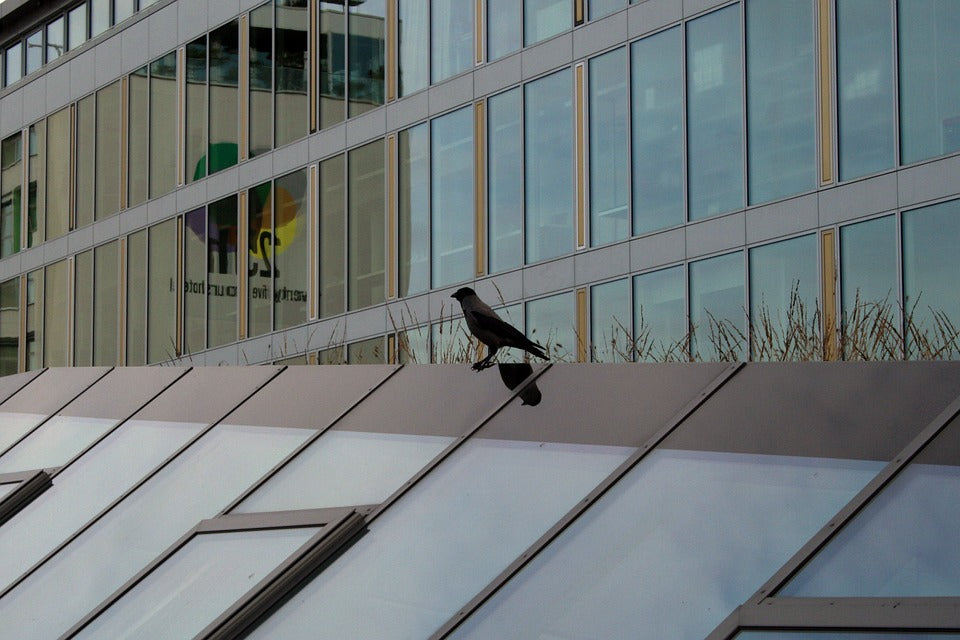Offer
Provide additional details about the offer you're running.
Provide additional details about the offer you're running.
Provide additional details about the offer you're running.

Many of us at one point or another have likely heard the unwanted sound of one of our backyard birds hitting one of our windows on our home. While these collisions are not always fatal, many are and the others typically will endure pretty traumatic injuries after an unintended crash.
There are three main reasons birds will collide with windows:
Here are a few solutions you can use to attempt to eliminate the number of collisions your feathered friends have with the windows on your home:
You have probably noticed that your windows that feature a screen do not see very many collisions from birds. Now we realize it is not always possible to have a screen on every room of your home, but there are folks out there that will use fruit or crop netting attached to the outside of their windows for an almost guaranteed solution to the problem.
This is one of the more popular solutions folks use to alleviate this problem at home. You can attach an object like a CD, pie pan or any other obscure and shiny object to a string and hang it in front of your window. The idea is for the object to flutter around in the wind, reflecting the light and keep the birds at bay.
There are a number of sticker products on the market today that are used exclusively for this purpose. Most of these stickers feature a specially formulated reflective outer-surface that actually appears blue in colour in the eyes of birds, and clear in colour to the human eye.
A big contributor to this problem is the sheer proximity of your feeders and food sources to your home and windows. Many times bird collisions are caused by birds that become startled while feeding and quickly flee without any regard for their direction. The other side of this argument is moving your feeders closer to your home and windows. The thought behind this is, if startled, birds can not muster up enough speed and velocity to incur a life-threatening injury.
High Quality Blend